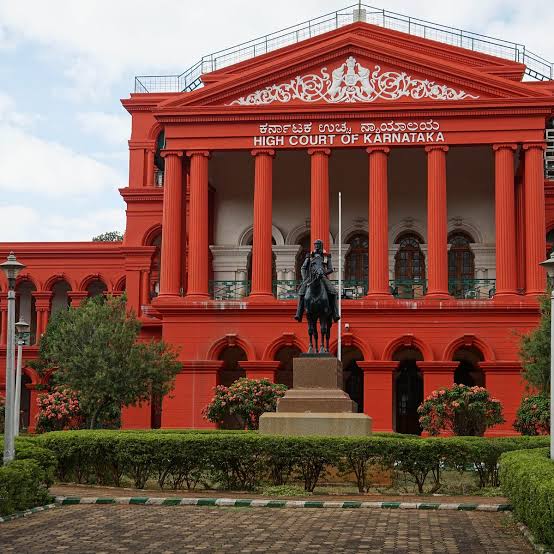


The Karnataka High Court on Wednesday took suo motu cognisance of the prevalence of manual scavenging despite a ban on the practice.A bench comprising Chief Justice Prasanna B Varale and Justice Krishna S Dixit deemed it shameful that even after decades of independence, a person born in a particular community would still face this kind of discrimination.
"After more than 60 years (of independence) still somebody, who is our brother in society merely due to his misfortune, he took birth in a particular community, carrying the stamp of one caste is required to do these things. Is it not a shame on humanity? Is it this for what we all are here?" the Court orally remarked.The Court took cognisance of the issue following a December 25, 2023 article in the New Indian Express titled 'Despite Ban, Manual Scavenging Continues.'"This is very disturbing news ... The news item certainly shocks one's conscience," the Court remarked.
Further, the Court observed that with the advancement of technology over the past few decades, manual scavenging was no longer required. It underlined that a machine for the same purpose costs only about ₹2,000 an hour.However, Chief Justice Varale remarked that the problem was not with the availability of the machinery but with the mindset of people.
"You can't sleep with this. You just can't be concentrating or anything when these things are still happening in society when on one hand, for rightful reasons, we say we reached the moon just two months back. We are proud of it ... Same time, we are not treating our brothers as human beings," the Court added.The Court proceeded to appoint advocate Shridhar Prabhu to assist it as amicus curiae and requested him to file a public interest litigation (PIL) petition by January 5.It directed the registry to list the matter next on January 8.
TAGS: Karnataka High Court Suo Motu Cognisance Manual Scavenging